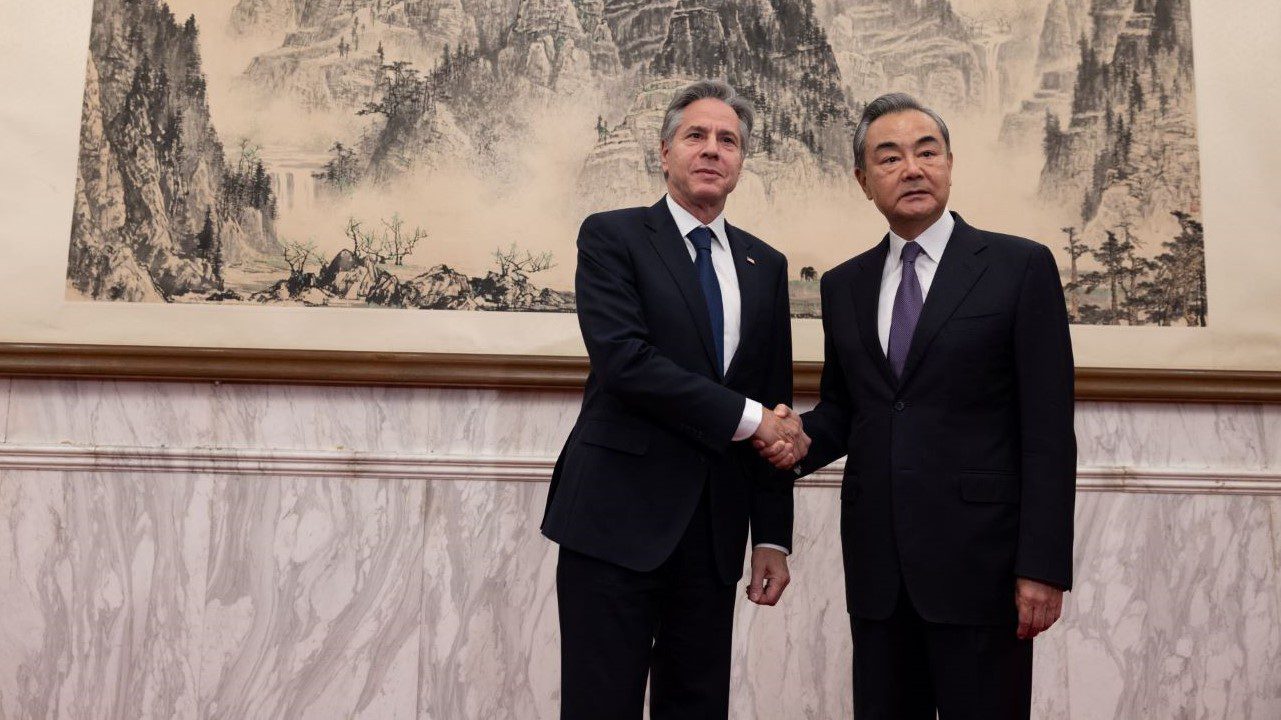Presented by The Riley Institute, Department of Asian Studies, and Department of Politics and International Affairs at Furman University with support from the Furman Humanities Center
U.S.-China relations are more strained today than they have been in half a century. Government and popular mistrust is high on both sides, exacerbating efforts to put the relationship back on track. As communication and exchanges grind to a halt, so do hopes of mutual understanding and constructive policy responses.
Yet never has it been more important for the two countries to cooperate. Global peace and prosperity depend on stable relations between the world’s two largest economies and militaries. With no direct military-to-military communications, flashpoints in the Taiwan Straits and South China Seas threaten to erupt in violent clashes. A host of transnational issues can only be addressed through cooperative bilateral relations: combatting climate change, controlling pandemic disease, managing new technologies, ebbing the deadly flows of fentanyl, addressing human rights violations, and more.
U.S.-China tensions are disrupting global supply chains and economic growth. Nations increasingly feel forced to choose sides as U.S.-China relations spiral towards a new cold war. Our speakers, leading experts from government and non-government organizations, explored how both official and private efforts can help realign the relationship while still addressing the challenges facing the two global powers.
Event Details
- October 9, 2023
- Session I: 4-5:30 p.m., Session II: 6:30-8p.m.
- Younts Conference Center, Furman University
Speakers
Craig Allen
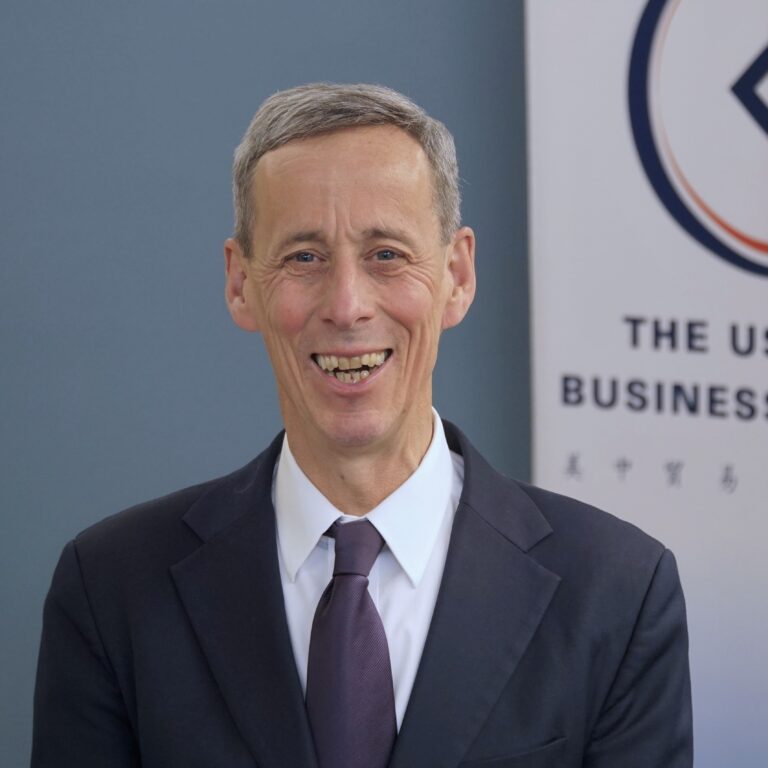
Ambassador Craig Allen (keynote speaker, Session I) has served as the president of the U.S.-China Business Council (USCBC) since 2018. USCBC is a private, nonpartisan nonprofit organization representing over 260 American companies doing business with China. Prior to joining USCBC, Allen had a long, distinguished career in U.S. public service.
JAN BERRIS
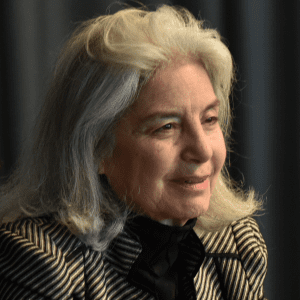
Jan Berris serves as the vice president for the National Committee on United States-China Relations and has been with the committee since 1971. In this role, she is responsible for overseeing all program activities of the committee, including sending U.S. delegations to China, receiving senior Chinese leaders and delegations in the U.S., coordinating flagship programs, and overseeing Chinese press activities for the State Department when requested.
DENNIS BLAIR
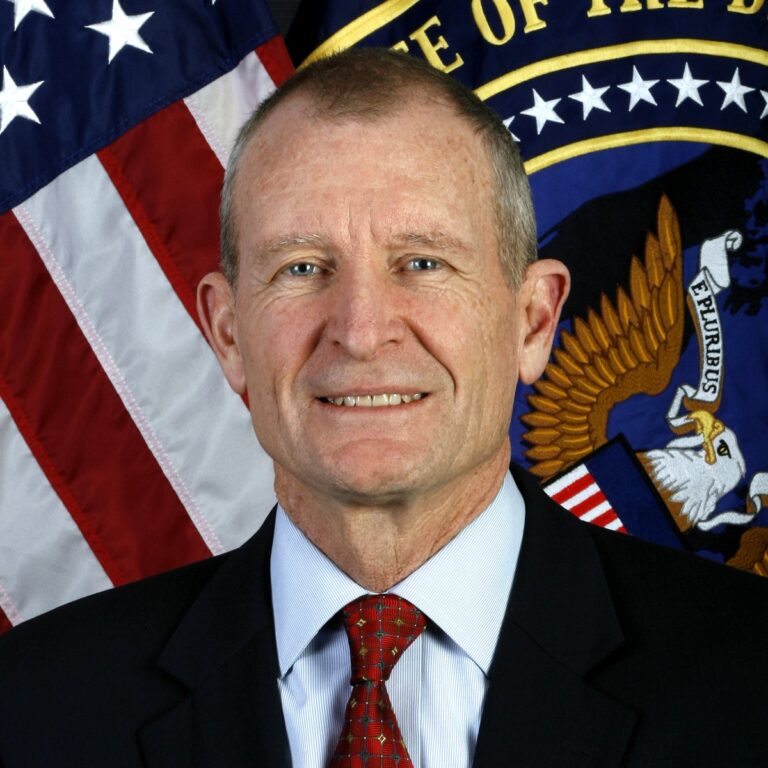
Admiral Dennis Blair, U.S. Navy (ret.), (keynote speaker, Session II) is the Knott distinguished professor of the practice at the University of North Carolina, Chapel Hill. As commander in chief of U.S. Pacific Command, he was the highest-ranking officer over U. S. forces in the Asia-Pacific region. He currently serves on the boards of the Atlantic Council, Freedom House, the National Bureau of Asian Research, and NCUSCR.
YANZHONG HUANG
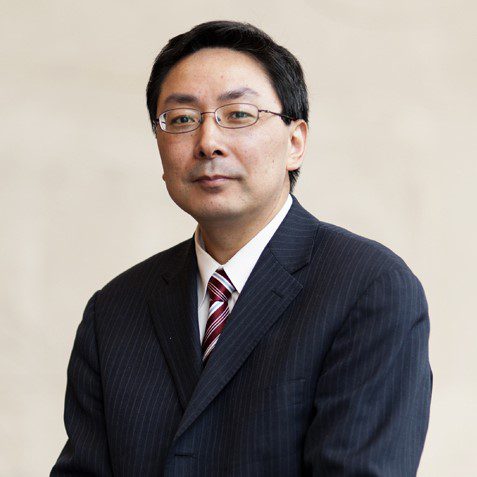
Yanzhong Huang, Ph.D., is professor at Seton Hall School of Diplomacy and International Relations and senior fellow with the Global Health Program at the Council on Foreign Relations. In his research, Dr. Huang has written extensively on China and global health.
KATHERINE PALMER KAUP
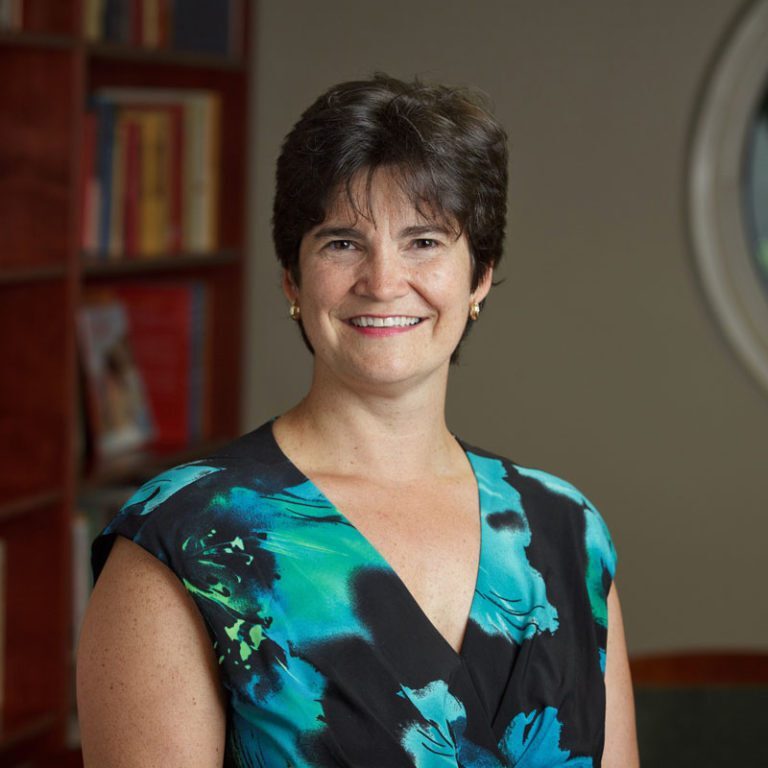
Katherine Palmer Kaup, Ph.D., (moderator) is the James B. Duke professor of Asian studies and politics and international affairs at Furman University. Her research focuses on ethnic minorities, rule of law, and human rights developments in China.
KAISER KUO
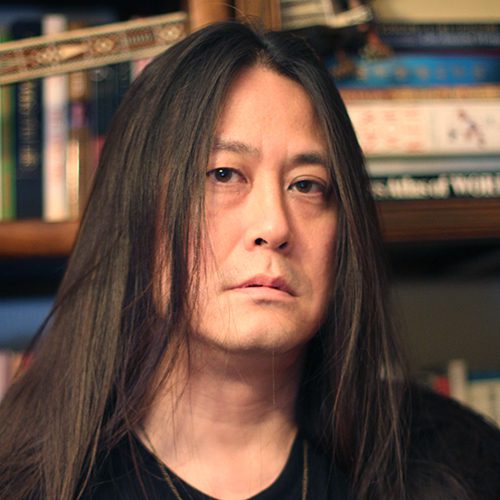
Kaiser Kuo is the host and co-founder of the Sinica Podcast and editor-at-large for TheChinaProject.com. Before repatriating to the United States, he spent 20 years in Beijing, where he worked as director of international communications for Baidu.
MARGARET LEWIS

Margaret Lewis is associate dean and professor of law at Seton Hall University. Her research focuses on law in China and Taiwan with an emphasis on criminal justice and human rights. Professor Lewis has participated in the State Department’s Legal Experts Dialogue with China, has testified before the Congressional-Executive Commission on China, and is a consultant to the Ford Foundation.
Schedule
| Speaker | Presentation Title | |
Session I, 4-5:30 p.m. | Beyond Bilateral Relations: The Role of Business and NGOs (CLP) |
Speaker
Ambassador Craig Allen
|
Presentation Title
Keynote | Key Issues in the U.S.-China Relationship: Impacts and Responses from the Private Sector
|
|
Speaker
Jan Berris
|
Presentation Title
Keeping Communication Channels Open: What To Do When Governments Feud
|
|
|
Speaker
Kaiser Kuo
|
Presentation Title
"A Whole of Society Threat"? China’s Soft Power Initiatives and U.S. Policy Options
|
|
|
Speaker
Margaret Lewis
|
Presentation Title
Human Rights in China—How Should the United States Respond to New Challenges?
|
|
Reception, 5:30-6:30 p.m.Open to all event attendees. |
Speaker
N/A
|
Presentation Title
N/A
|
Session II, 6:30-8 p.m. | Addressing National Security and Transnational Challenges (CLP) |
Speaker
Admiral Dennis Blair
|
Presentation Title
Keynote | Tell Me How This Ends: The U.S.-China Strategic Competition
|
|
Speaker
Craig Allen
|
Presentation Title
Renegotiating U.S.-China Trade Relations: Issues and Challenges
|
|
|
Speaker
Admiral Dennis Blair
|
Presentation Title
The Military Balance Between the U.S. and China in the Western Pacifi
|
|
|
Speaker
Yanzhong Huang
|
Presentation Title
Global Health Security: Strains from the U.S.-China Relationship
|
